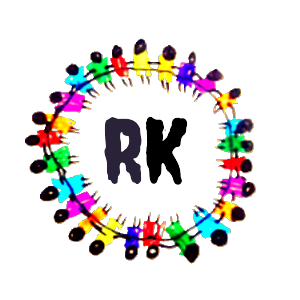What is Machine Learning?
Machine learning is a type of technology that enables the computer to learn from the data and make a decision or predict without explicitly being programmed for it. Simple words, teaching a computer to learn from examples and experiences.
Why Learn Machine Learning?
An Enticing Technology: Machine learning stands at the core of most cool technologies in use today, such as movie recommendations on Netflix and voice assistants like Siri.
Future Jobs: Most of the future jobs will be based on machine learning. So, you can create a career in technology, health, and finance by learning now.
Solving Problems: Machine learning resolves complicated problems by analyzing large data. It will find out the patterns and make decisions much faster and more accurately than human beings.
Innovation: The art of being part of new technologies and improvements in old ones, which really make a difference in the world.
Understanding of Modern Tech: Knowing the inner machinery of machine learning gives insight into how modern technology works and makes a living.
Put simply; this is teaching a computer to learn from data. In this way, it opens many interesting opportunities and innovations that will be realized in the future.
Examples :
| Concept | Example |
|---|---|
| Recommendation | Netflix |
| Speech Recognition | Siri |
| Spam Filtering | Gmail |
| Image Recognition | Google Photos |
| Predictive Text | Smartphone |
| Self-Driving | Tesla |
| Medical Imaging | X-rays |
| Fraud Detection | Banking |
| Personalization | Amazon |
| Weather Forecast | Forecasting |

